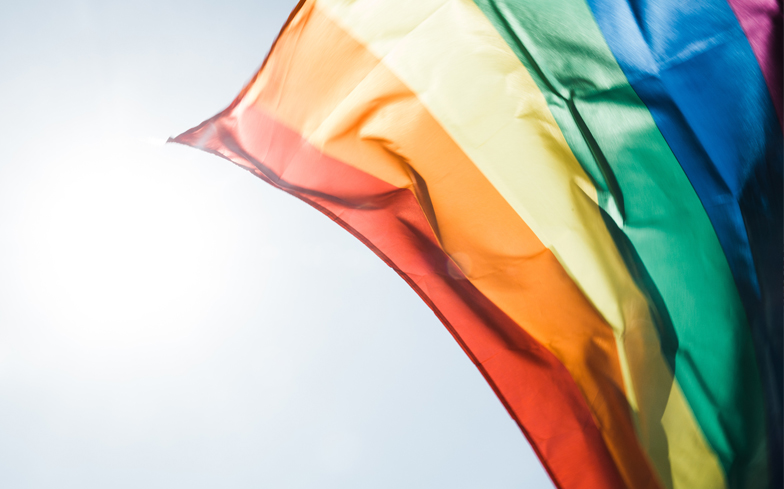
“It will happen within the six years of my term, I am sure.”
Taiga Ishikawa has promised to legalise same-sex marriage in Japan.
Earlier this week, the openly gay politician and activist made history when he became the country’s first openly gay male lawmaker. He was elected on 21 July to the Upper House for the first time, winning a seat in the proportional representation system.
After winning his seat, Ishikawa said at his campaign office in Tokyo: “I was calling for the acknowledgement of LGBT people in the election. A lot of people all over Japan plucked up their courage to vote for me. This acknowledges that we are here.”
Ishikawa publicly came out as gay at 28-years-old with his critically-acclaimed memoir, Where Is My Boyfriend? He has since become a notable figure in Japan, appearing on various television shows and advocating for LGBTQ equality.
When he spoke to Reuters on the phone on Tuesday (23 July), he told them: “Since the early 2000s, the issue of same-sex marriage has progressed leaps and bounds. It will happen within the six years of my term, I am sure.
“It has been incredibly empowering to the Japanese LGBT community to see the growing acceptance overseas of same-sex marriage. I think we’ve got a breakthrough now and I plan to move the conversation (on same-sex marriage) forward.”
However, there are still obstacles to overcome if same-sex marriage will be legalised in the near future.
Japan’s current prime minister, Shinzo Abe, has continuously thwarted attempts to recognise same-sex couples. He previously said: “Extending the institution of marriage to same-sex couples was not anticipated under the current Constitution.
“It is an issue that concerns the very core of family values and, I believe, one that requires extremely careful consideration.”
Kan Kikumoto, a queer rights activist in Tokyo, said: “We now have an openly gay guy in parliament, but at the same time we still have the strongest party which is … against the idea of marriage equality for now.”
For Asian standards, LGBTQ rights in Japan are quite progressive. Same-sex activity has been legal in the country since 1880, and citizens have the right to legally change their gender. Tokyo Rainbow Pride has also grown in attendance every year.
However, there are no laws in place to protect citizens from anti-discrimination laws in employment (except in Tokyo and Ibaraki), same-sex couples are not permitted to adopt and conversion therapy is still legal in all areas of Japan.
Related: Japanese footballer Shiho Shimoyamada comes out as lesbian to inspire other LGBTQ athletes.



